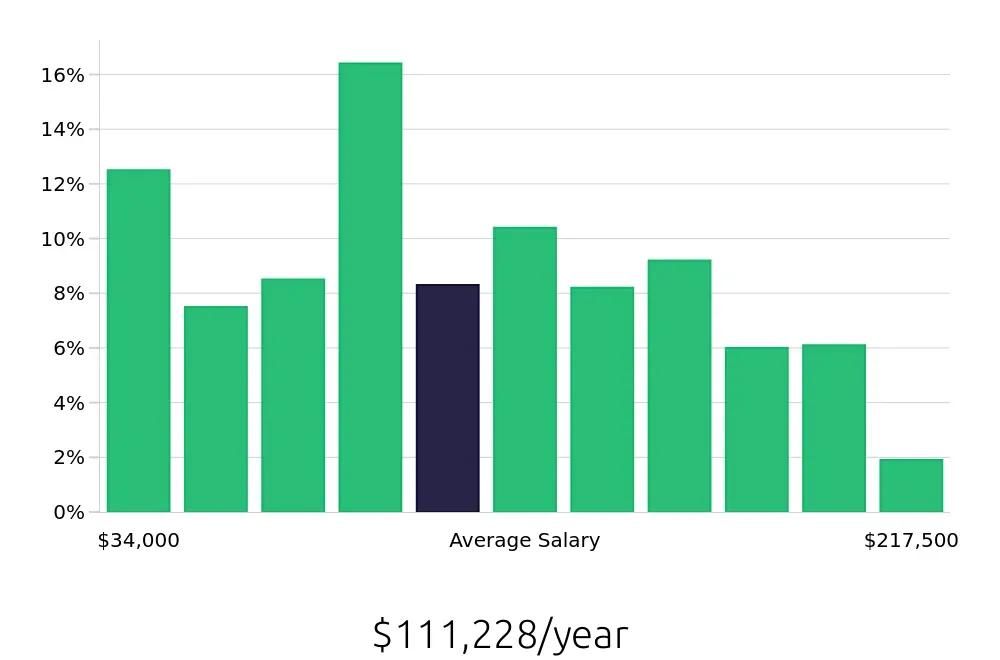Position
Overview
A Data Manager oversees the collection, storage, and analysis of data within an organization. This role ensures that data is accurate, accessible, and secure. Data Managers work with various teams to understand their data needs and provide the necessary data insights. They use software tools to manage databases and create reports.
Key responsibilities include designing data systems, implementing data governance policies, and ensuring compliance with data regulations. A Data Manager also collaborates with IT professionals to maintain data infrastructure. This position requires strong analytical skills and attention to detail. Data Managers must be able to interpret complex data and present findings in a clear and actionable manner. They play a crucial role in helping organizations make data-driven decisions.
Becoming a Data Manager is a rewarding career path. It offers the opportunity to work with information that drives decisions in various industries. This role involves organizing, protecting, and processing data to ensure it is accurate and accessible.
Starting a career as a Data Manager requires dedication and a clear path. Below are the essential steps to take:
Pursuing a career as a Data Manager can be both rewarding and fulfilling. This role involves handling and overseeing an organization's data systems. It requires skills in data organization, analysis, and security. The time it takes to become a Data Manager can vary. Most individuals complete a relevant degree first. This often means earning a bachelor's degree in a field like computer science, information technology, or business administration. This educational path usually takes four years.
After completing a bachelor's degree, gaining experience is important. Many employers prefer candidates with some work experience in data management or a related area. This can add one to three years to the timeline. Some may choose to pursue a master's degree or certifications. These can provide additional knowledge and skills. This additional step can take an extra one to two years. With the right education and experience, professionals can find a rewarding role as a Data Manager. The journey, though varying in length, leads to a career with significant impact and growth potential.
We are seeking a highly skilled Data Manager to oversee our data operations, ensuring the integrity, accessibility, and security of our data assets. The ideal candidate will have a strong background in data management, excellent analytical skills, and the ability to work collaboratively with cross-functional teams.
Responsibilities:
Qualifications
A Data Manager plays a crucial role in today's data-driven world. They ensure that data is collected, stored, and analyzed accurately. This job involves working with databases and data systems to make informed business decisions. Companies in all industries need Data Managers to handle their data needs. This role can lead to many opportunities for career growth.
The career path of a Data Manager offers several benefits. Data Managers often enjoy a stable job with good pay. They work with cutting-edge technology and can influence important business decisions. Many companies value their work, leading to job security. However, this role also has some challenges. Data Managers must stay updated on new technologies and trends. They often work long hours, especially during data analysis or system updates. Managing sensitive data also requires strong attention to detail and adherence to privacy laws.
Here are some pros and cons to consider if you're thinking about becoming a Data Manager:
The job outlook for Data Managers looks strong. According to the Bureau of Labor Statistics (BLS), there are about 40,200 job openings each year. This number is expected to increase by 4% from 2022 to 2032. Job seekers should see this as a positive sign for the future of the industry.
Data Managers earn a good salary, too. The BLS reports an average annual compensation of $113,710. This is higher than many other positions in the job market. Additionally, hourly compensation averages about $54.67, making this a financially rewarding field. This information can help job seekers decide if this career is a good fit for them.
In summary, Data Managers have a bright job outlook and good pay. With an expected growth in jobs and competitive salary, this field is an excellent choice for job seekers. For those interested in the details, the BLS provides more information about salaries and job outlooks at their website.
